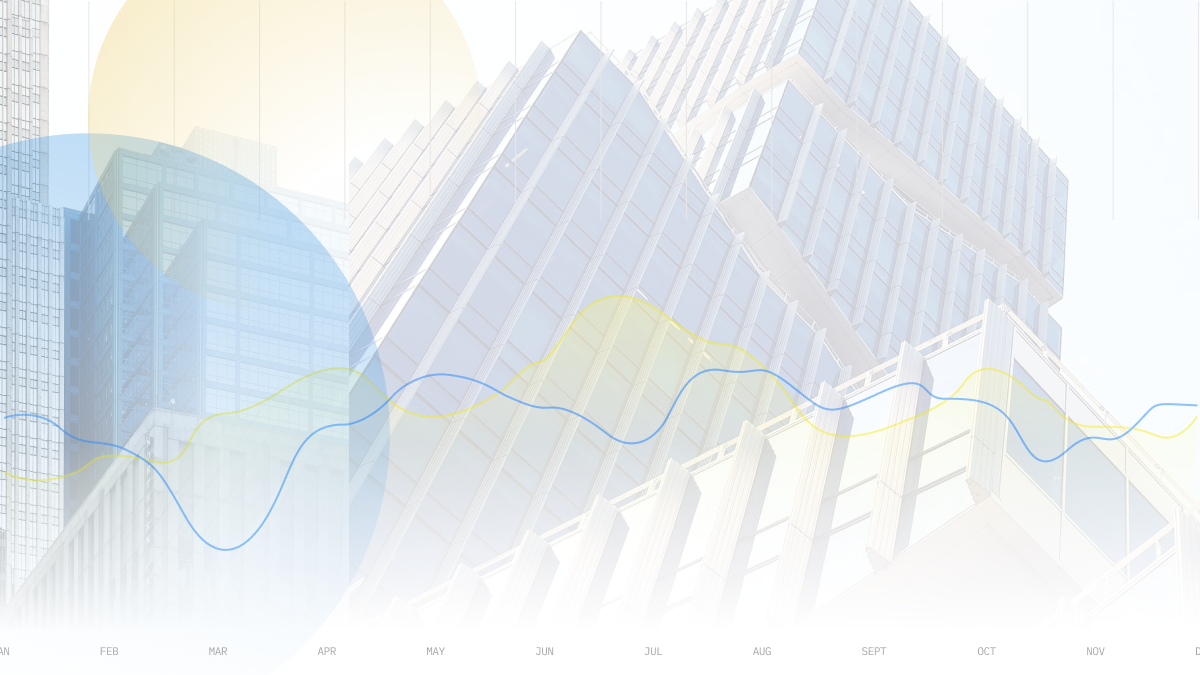




January Economic Update: Growth slows, prices rise
 DOWNLOAD
DOWNLOAD

Inflation Update: Up, up, and away?
 DOWNLOAD
DOWNLOAD

Quarterly Economic Growth Release: Growth takes on a slower pace
 DOWNLOAD
DOWNLOAD



US CPI smile fades, it’s raining yen
Aug 11 – Markets are betting that the Fed’s most aggressive rate-hiking campaign in more than 40 years is over. But now what?
Wall Street initially gave a huge thumbs up to US inflation data that showed some measures of underlying price pressures cooled significantly last month, prompting rates futures markets to call an end to the Fed’s tightening cycle.
But the early gains of more than 1% evaporated as longer-dated Treasury yields started to climb again, and the three main indexes closed the day flat to 0.15% higher. Asian markets, therefore, look set to open on Friday with a more subdued tone.
Investors in Asia will also have the yen on their radar – the Japanese currency slid to a 15-year low against the euro on Thursday and fell towards 145.00 per dollar, around where Japanese authorities intervened heavily last year.
The loss of bullish momentum on Wall Street on Thursday as the session progressed and renewed ‘bear steepening’ of the US yield curve will unnerve some investors.
The short end of the bond market was a bit more stable, reflecting the view that the Fed is done raising rates. Fed fund futures pricing shows a rate hike next month is off the table completely, and only a 20% chance of another hike by year-end.
Breakeven inflation rates fell too, generally backing up that dovish view. But the long end of the Treasury curve sold off pretty aggressively once again, and rising long-term yields will do little to support risk appetite, far less boost it.
Other notable market moves on Thursday include oil. WTI and Brent crude closed down 1.7% and 1.3%, respectively, meaning US crude futures now may not register a seventh straight weekly gain, which would mark the best run since May last year.
Currency traders will be on Japanese intervention alert after the yen’s latest slump. The dollar is nudging 145.00 yen, around where the Bank of Japan spent record yen-buying sums late last year as the yen hurtled to a 33-year low.
Elsewhere in FX, India’s rupee had its best day in a month on Thursday, moving further away from recent all-time lows on the back of reported intervention from the central bank.
The Reserve Bank of India earlier on Thursday held interest rates steady but signaled it will reduce the amount of cash in the banking system to counter inflationary pressures from high food prices.
Industrial production data from India on Friday is expected to show that output in June rose 5.0% year on year, slowing slightly from the 5.2% growth in May.
Here are key developments that could provide more direction to markets on Friday:
– Hong Kong GDP (Q2)
– India industrial production (June)
– UK GDP (Q2, prelim)
(By Jamie McGeever; editing by Deepa Babington)
This article originally appeared on reuters.com





 By Reuters
By Reuters